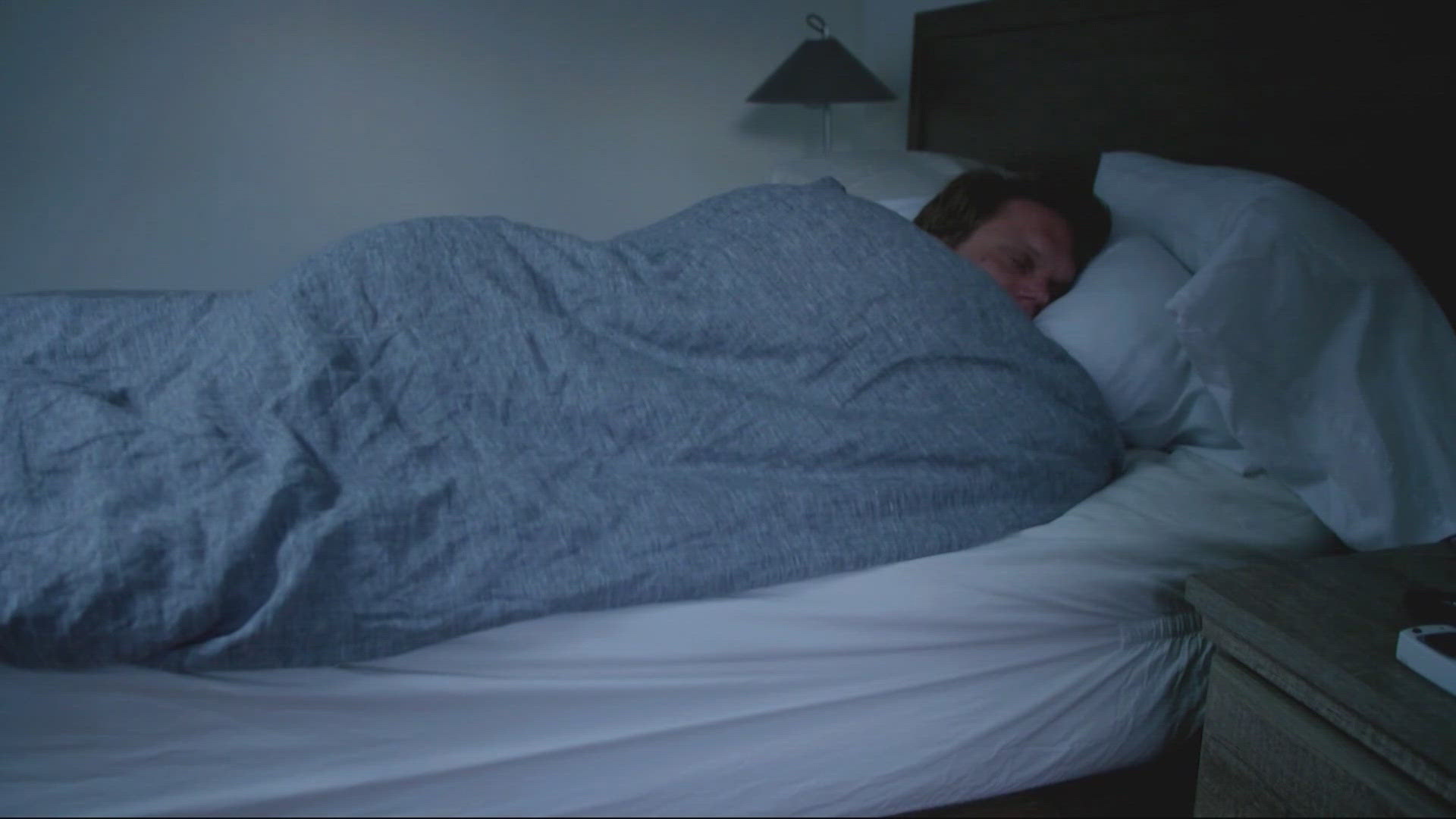PORTLAND, Oregon — This may not come as a surprise, but according to the Centers for Disease Control (CDC), more than 1 in 3 Americans don't get enough sleep.
On top of that, daylight saving time changes during the year, like the one on Sunday, don't make things easier. Typically, when we fall back for daylight saving time, the impact isn't generally considered as bad as springing forward, because we get an extra hour of sleep.
“But it's still an adjustment in terms of time because it's not like everyone's work schedule or school schedule changes,” said Dr. Kaanchan Gangal with Oregon Sleep Associates.
Gangal, a sleep specialist with a background in neurology, says lack of sleep trickles down.
“Not getting enough sleep or getting poor sleep can affect heart health, brain health, blood sugars, weight... mental health is a big one, as well. So, it can really impact everything,” Gangal said.
So, with tens of millions of Americans not getting enough sleep, how do we put ourselves in the best possible position to get good sleep?
Here are some tips from Dr. Gangal:
“Exposure to bright light in the morning and early afternoon is a really big one,” said Gangal. She said it can help set your body clock.
Additionally, Gangal said it’s important to keep a set bedtime and wake-up time. But the biggest offender, she said, are electronics close to bedtime. Within an hour of going to bed, start to dim the lights, get off your phone and turn off the TV, she said.
Gangal suggested it’s also helpful to avoid caffeine after 2 p.m., as well as alcohol too close to bedtime.

